Release Names or Close Murray-Weigel
Murray-Weigel Hall has housed multiple Jesuits accused of sexual abuse. (Collin Bonnell/The Fordham Ram)
March 13, 2019
By Collin Bonnell
In mid-January I wrote an op-ed concerning Fordham’s links to the Catholic Church’s sex abuse scandal over the past eight decades. At the time I wrote the article, Fordham had released the names of nine Jesuits connected to the Fordham community.
While the list was incomplete — excluding any mention of Rev. Cornelius Carr, S.J., or the lay Fordham Prep religious teacher Fernand Beck — I trusted that Fordham University and Reverend Joseph M. McShane, S.J., president of the university, would follow through with their promises of transparency.
I was mistaken.
In the two months since I wrote the article, Fordham University, Murray-Weigel Hall and the Northeast Province of Jesuits have been dishonest with the public and neglected their duty to be transparent with the Fordham community. The result of this dishonesty has been that the Church has forfeited its legitimacy as a moral authority on campus and that many, including myself, have lost their faith.
This pattern of dishonesty began on Jan. 29, when, in response to the growing crisis, the university barred Fordham students from entering Murray-Weigel and banned Murray-Weigel residents from entering Fordham’s campus — without notifying Fordham students or members of Loyola Hall’s Manresa program who were scheduled to volunteer at Murray-Weigel the next day. The only way members of the Fordham community were informed of the ban was through an article published in The Ram.
Fordham reversed this ban on Feb. 11, and this time Father McShane issued a formal statement to members of the Fordham community — confusing many who had never been informed they were barred from Murray-Weigel in the first place.
Fordham University, Murray-Weigel and the Northeast Province were also dishonest in their statements concerning the existence of a list of Murray-Weigel residents.
When the Northeast Province of Jesuits released the list of priests credibly accused of sexually abusing minors, Murray-Weigel Hall claimed it could not provide a list of residents, stating that the Northeast Province had this information. The Northeast Provence, in turn, claimed the information was not open to the public.
On Feb. 6, three weeks after Murray-Weigel claimed it could not provide a list of former residents, The Ram discovered a list containing the names, dates of birth and death, dates of entering and leaving the Society of Jesus and locations of residence of Jesuits dating back to the 18th century. While Murray-Weigel Hall had said no such list existed and the Northeast Province claimed the information was not public, the list was found in Walsh Library’s Special Collections, where it had always been kept open to the public.
Soon after Fr. McShane restored unlimited access to Fordham’s campus, The Ram discovered the names of three priests found guilty of sexually abusing minors who had lived in Murray-Weigel Hall during 2018. These priests were Rev. Thomas Denny, S.J., Rev. James C. Gould, S.J., and Rev. William Scanlon, S.J., who served as chaplain of Murray-Weigel.
Soon after these names were discovered, the Northeast Province of Jesuits secretly pulled the list of current and former Murray-Weigel residents from public access without informing the public of this action.
In the time since the province pulled the list, the names of three more former Murray-Weigel residents credibly accused of sexually abusing minors have been uncovered.
Rev. John J. Gallen, S.J., was the subject of an investigation during the 1990s that confirmed allegations that he sexually abused minors throughout the 1970s and ’80s. The Jesuits impeded Fr. Gallen in 2001, and in 2008 he was moved to Murray-Weigel, where he died in 2011.
Murray-Weigel’s decision to accept Fr. Gallen as a resident after he had been impeded for sexually abusing minors is questionable, especially since the campus he was moved to also happens to house a high school, Fordham Prep, and is adjacent to several public schools.
Rev. John M. Doolan admitted in 1999 to abusing minors during the 1960s and ’70s. In 2002, Fr. Doolan was sent to Murray-Weigel. The Jesuits impeded Fr. Doolan in 2006, and he died while residing at Murray-Weigel in 2008.
Rev. John L. Farrand was accused of abusing minors while at Regis High School in New York City in 1961 and admitted to the allegations that same year. After Fr. Farrand admitted to abusing minors, the Jesuits saw it fit to assign him to multiple high schools before he was moved to “the New York Provence Infirmary” in 1997 — located on the grounds of Murray-Weigel — where he died in 2003.
Fr. Farrand was never penalized for his actions, and he went on to have an extensive career in teaching after admitting to sexually abusing minors in 1961. Meanwhile, the use of the euphemism “New York Provence Infirmary” for Murray-Weigel Hall itself ought to raise further questions about transparency.
Furthermore, while the Jesuit newsletter mentioning Farrand’s residence at Murray-Weigel was dedicated to the Church’s fight to combat the sex abuse crisis, it omits any mention of the accusations against Farrand — instead praising him as a model teacher and member of the community.
This honorable mention ought to tell us something about the seriousness of the Church’s claim to discipline priests who sexually abuse children.
The number of priests now known to be connected to Fordham who have sexually abused minors has now risen to 15. If you include Beck, the number of adults linked to Fordham who have abused minors jumps to 16.
While high, this number is almost certainly incomplete, and the Fordham community has a right to know if other priests accused of abusing minors have lived on Fordham’s campus. The university has an obligation to provide us with this information.
In 2017, a Gallup poll found 49 percent of American Catholics said they trusted the Church. When Gallup asked the same question in 2018, after a series of sex abuse crises involving the Church broke out across the U.S., only 31 percent said they trusted the institution.
When I began studying Fordham’s role in the sex abuse crisis in January, I was a proud Catholic who looked up to the Church as a champion of social justice. In the two months since, I have lost my faith.
Now, when people ask me what my religion is, I say I’m agnostic. I no longer pray. Last Wednesday I didn’t receive my ashes. I am not alone in losing my faith after this crisis.
While the Church’s urge to save its image is understandable, it is imperative that it confront its past and be honest about its wrongdoings while it still has a congregation to address.
For Fordham University, this means it must immediately release the names of all residents of Murray-Weigel, past and present, accused of sexually abusing minors.
If Fordham fails to take this action, it is up to the Fordham community to demand the immediate and indefinite closure of Murray-Weigel Hall. Fordham University, Murray-Weigel Hall and the Northeast Province of Jesuits have proved through their actions over the past eight decades that they cannot be trusted to handle the current crisis. Indeed, their continued dishonesty implies guilt.
If they fail to take this small step towards transparency, it is our duty to take action.
Collin Bonnell, FCRH ‘21, is a history and theology major from Hingham, Massachusetts.

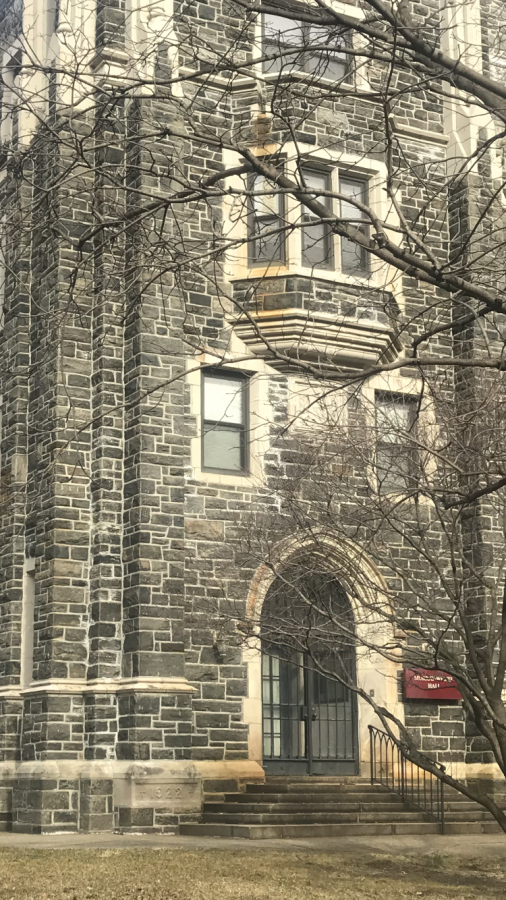
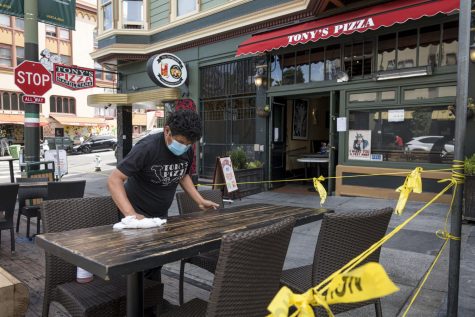

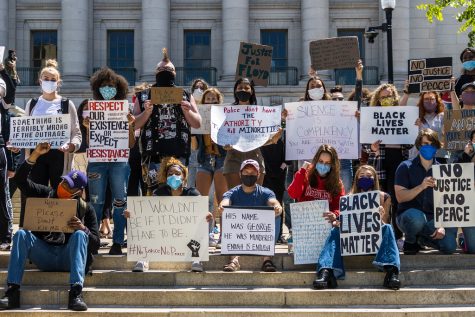
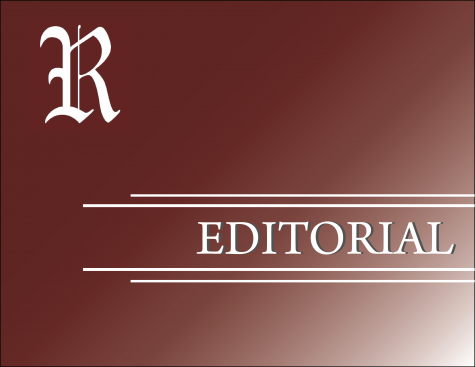
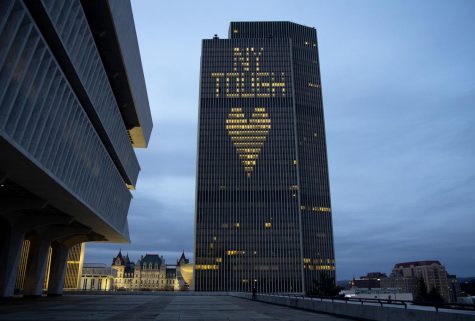
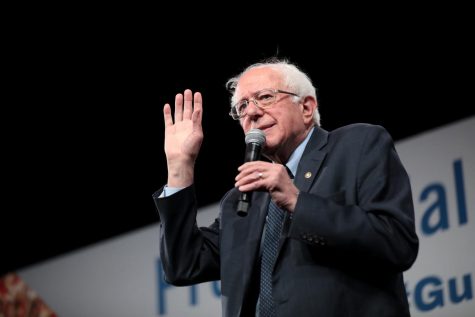

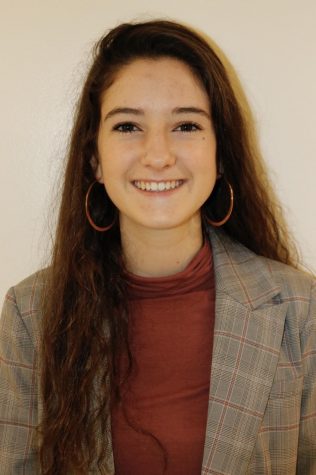
Aside from the destruction of victims’ lives, the other catastrophic consequence of these criminal coverups is the destruction of people’s faith. There are lots of millstones waiting for plenty of Jesuits as well as other religious phonies who have committed this spiritual genocide.
Great article! I’m glad to see other students are holding the university accountable.